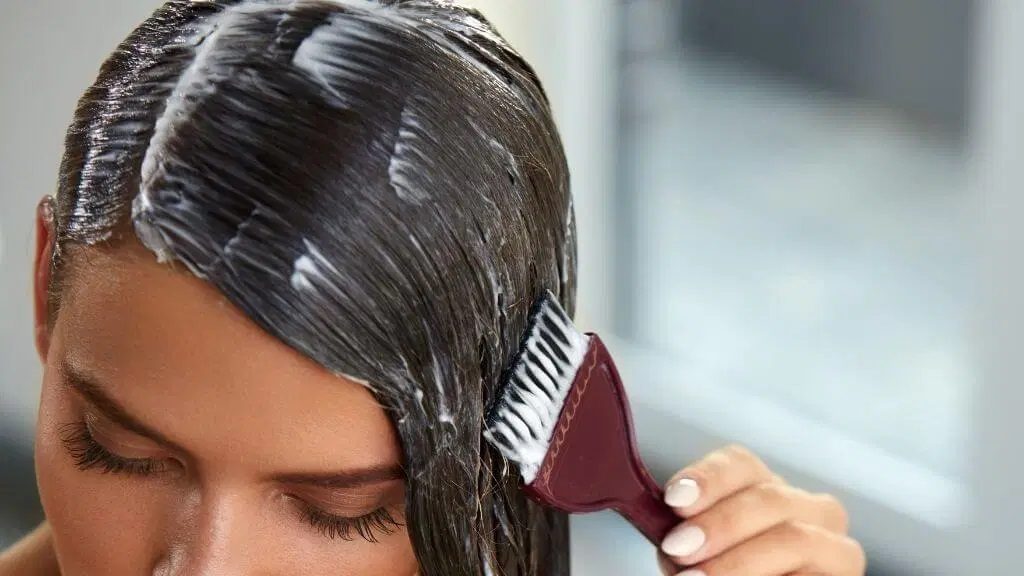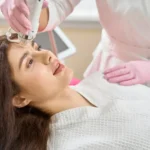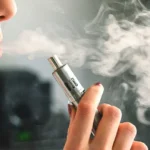Alopecia are usually accompanied by two main complaints: an increase in the number of hair loss (they are found in the shell, on a pillow, comb, etc.) and a noticeable thinning of the scalp. In the first case, hair loss is compensated by the regrowth of new ones that have grown from the same hair follicle. But in the second, the lost volume significantly exceeds the number of growing hairs, leading to the formation of noticeable gaps.
Hair Loss Causes
If there is severe hair loss , treatment is prescribed only after finding out the reasons that provoked such a situation.
Stress is often a critical factor. During a strong nervous overstrain, about 70% of the hair follicles of the scalp pass into the telogen phase (the so-called resting stage, in which the hair is retained in the bulb only due to intercellular connections). This is a very weak bond that is broken by brushing or other mechanical stress and leads to inevitable long-term hair loss.
Often, the reason for the loss is a deficiency of vitamins, amino acids, iron and other trace elements that regulate the vital functions of the body.
Treatment methods
After the necessary diagnostic examination, patients are prescribed a comprehensive treatment for hair loss on the head, which includes the use of vitamin and mineral complexes. In parallel, the patients are prescribed enhanced protein nutrition.
As for iron preparations, which allow you to cope with hair loss and stop baldness, they are available in two forms and can be administered both orally and intravenously. In this situation, experts recommend using ferrous iron preparations intended for internal use. With the correct dosage, the patient’s condition will return to normal within a few weeks. To replenish the deficiency of zinc, copper and selenium, it is also recommended to take mineral complexes.
A more effective technique that allows you to quickly get rid of hair loss is mesotherapy (injections of medicinal cocktails into the scalp area, which stimulate the metabolic activity of the follicles and improve the condition of the hair and scalp).
Hair loss treatment in patients suffering from severe systemic pathologies, in particular thyroid diseases , will be effective only after reaching a state of general compensation.
In the course of numerous studies, it was found that a common cause of telogen alopecia is a lack of vitamin D. Therefore, first of all, it is necessary to carry out an adequate diagnosis, including a biochemical blood test, and only then look for means to restore hair after hair loss.
One of the leading areas of treatment for androgenetic alopecia, caused by the increased sensitivity of the scalp follicles to male sex hormones (androgens), is the restoration and maintenance of hair health. Minoxidil remains the undisputed leader among growth stimulants . It has been used in medical practice for about 30 years and still has no effective analogues and alternatives. Over the years, minoxidil has undergone a number of successful clinical trials with thousands of patients and has proven to be highly effective and safe 1 . Its action is aimed at maintaining the downward growth of the follicle and the size of the hair follicle.
How to prevent (eliminate) scalp hair loss with other medicines?
Hair growth stimulants
Currently on the pharmaceutical market there are hair papilla stem cell stimulants such as Adenosine, Aminexil, Stemoksidin, and Caffeine. It should be noted that none of these drugs have comparable efficacy 2 .
At the same time, almost all hair growth stimulants have a pronounced therapeutic effect only during the period of regular use. Since their action is opposed to the genetic mechanisms that encode the work of the enzyme 5-alpha-reductase, if the drug is discontinued, the hair follicles of the scalp return to their original state.
Minoxidil can be used for various types of alopecia. However, in order to reduce or stop short-term hair loss in the telogen phase that occurs as a reaction to stress, it is recommended to use milder stimulants (in the first month of treatment, Minoxidil enhances the “pushing” of hair that is at the stage of loss, replacing them with newly growing ones).
In androgenetic alopecia, stimulation of scalp hair growth does not limit hair loss, as the enzymatic process to destroy the follicles continues to function. Therefore, when answering the question of what to do in case of severe hair loss, one cannot fail to mention the drugs that have antiandrogenic activity. In men, such drugs are “Finasteride” and “Dutasteride”, blocking 5-alpha-reductase. However, this therapy has a number of side effects associated with a drop in the concentration of male sex hormones, in particular, a decrease in libido. In women, 5-alpha-reductase blockers are prohibited for use (they can lead to menstrual irregularities, and also have a strong embryotoxic effect).
How to prevent (stop) hair loss associated with autoimmune mechanisms? First of all, it is necessary to stop the inflammatory process that prevents the normal growth of the follicle. With massive hair loss involving more than 40% of the scalp, immunosuppressive therapy is required. In this situation, systemic glucocorticoids and cyclosporins are used. Unfortunately, with long-term current autoimmune alopecia, even the most intensive therapy does not give the expected effect, and if it is canceled, a sufficiently high level of disease relapses is observed already during the first months. At the same time, with a limited form of alopecia areata, the application of glucocorticoid ointments and intralesional administration of hormonal drugs often contribute to the resumption of hair growth.
It is important to note that the use of any of the drugs described above should be carried out only as directed by a doctor.










